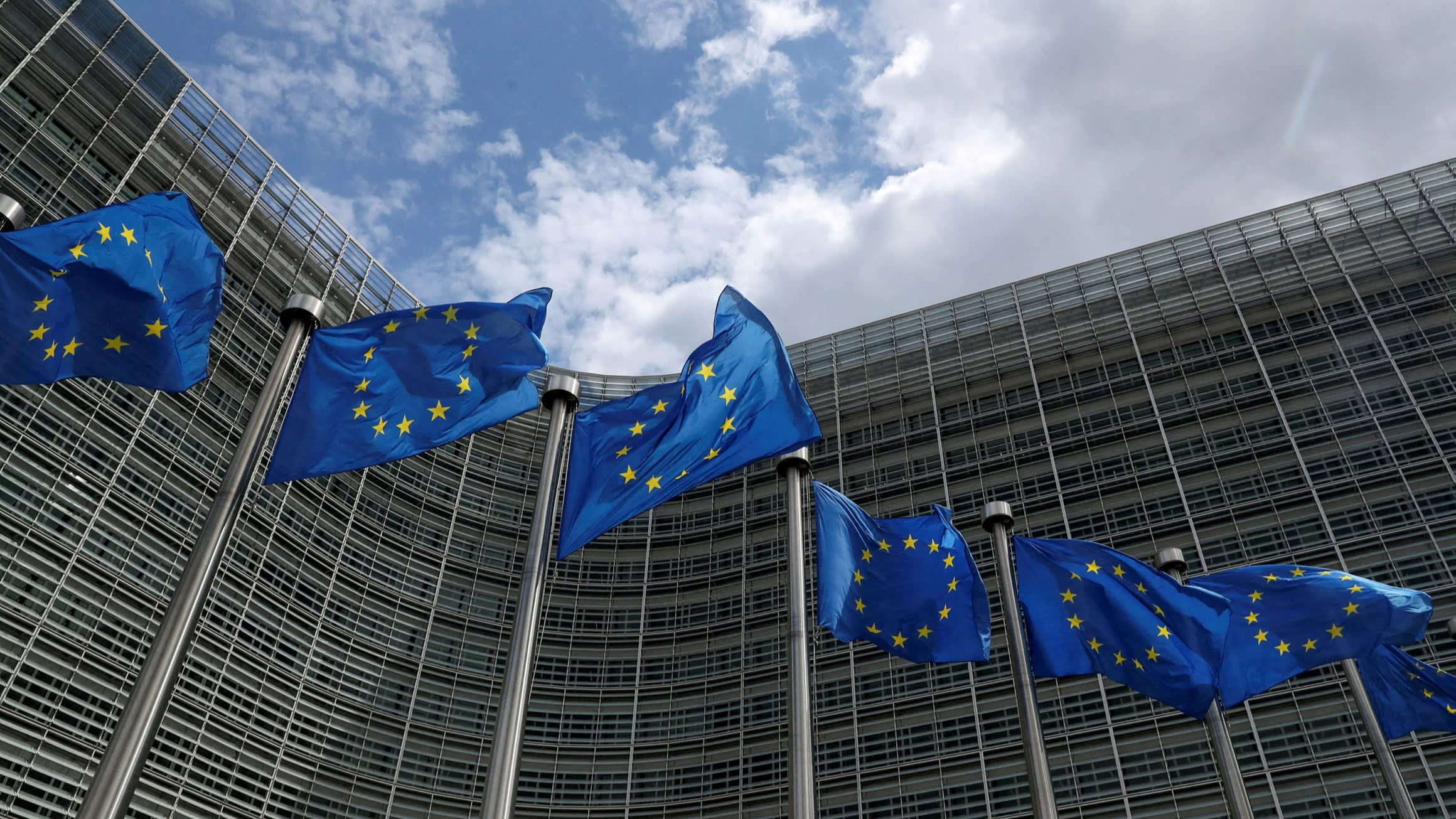EU outlines plan to take control of medicine production in health crises
The EU is planning a compulsory licensing system to allow it to take control of the manufacture of drugs and vaccines during a public health emergency, despite calls from pharmaceutical groups to protect patents.
Brussels wants the ability to act swiftly to manufacture vital treatments across the bloc during health crises such as Covid-19. The draft proposal from the European Commission and seen by the Financial Times is part of a sweeping reform of pharmaceutical regulation that has already unnerved the industry, and could change before publication on Wednesday.

However, ‘t Hoen noted that a “general”, EU-wide compulsory licence system was still missing. She said the powers should be expanded so it could be used outside of extraordinary situations, for example to prevent a crisis, counter high prices or provide life-saving medication.
Sergio Napolitano, general counsel at lobby group Medicines for Europe, said the increase in voluntary licensing agreements during Covid, for example between rival manufacturers, had proved to be the right tool to strike a balance between innovation and access.
This story originally appeared on: Financial Times - Author:Javier Espinoza



























